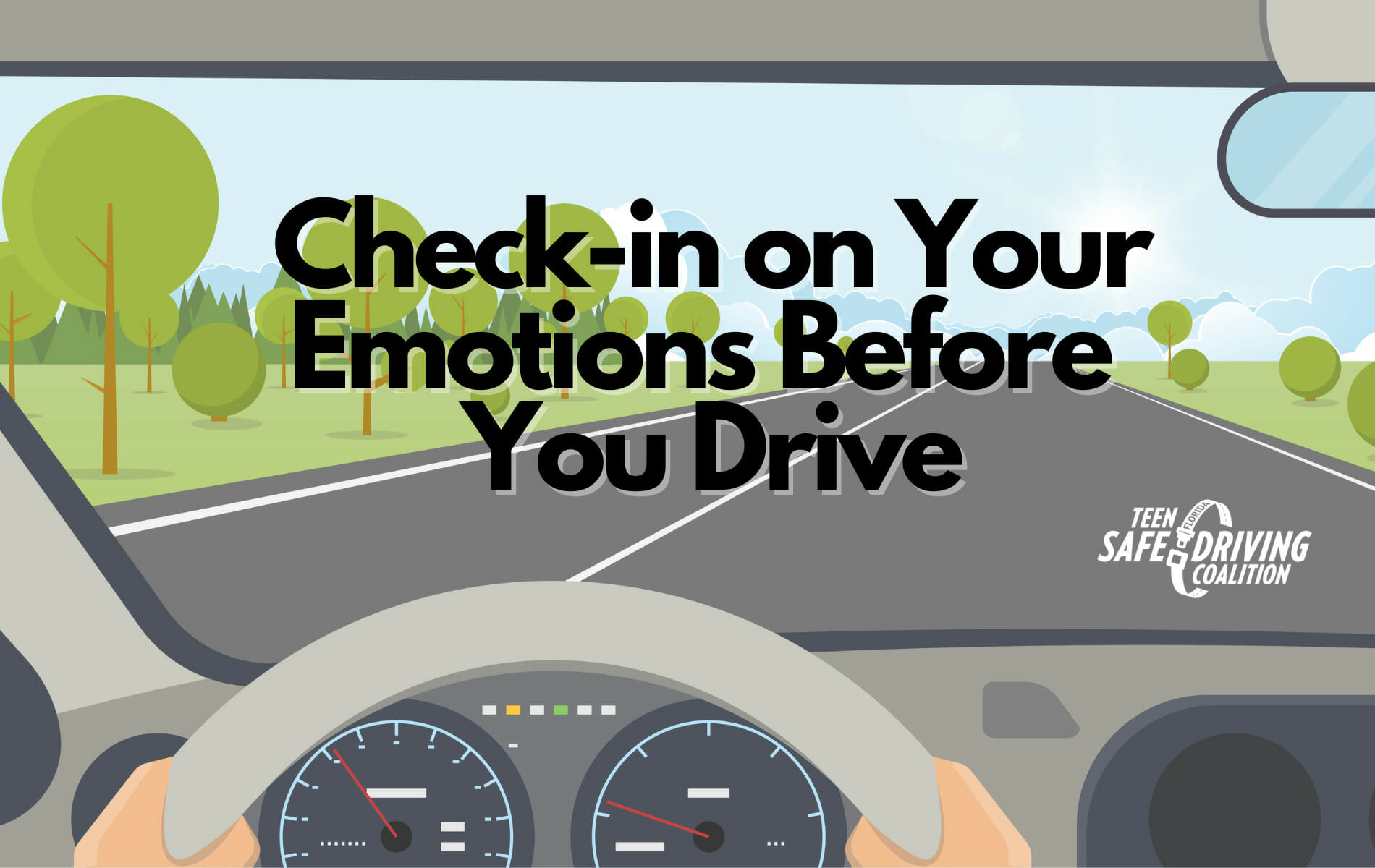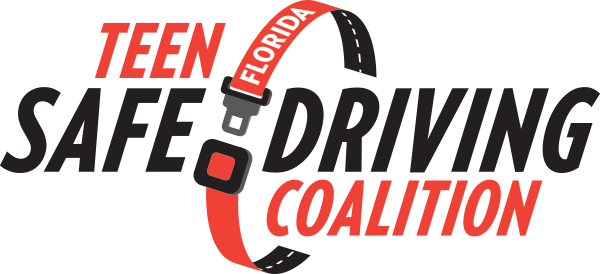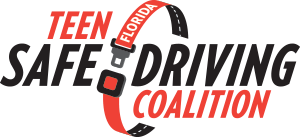
Check-in on Your Emotions Before You Drive
Safe teen drivers make sure they are fit to drive before getting behind the wheel. Does that mean being physically ready to operate the pedals and steering wheel? Is it being mentally prepared to watch the road carefully, think ahead, and not be distracted? How about the driver’s feelings? Yep, all of it matters. This April, during Distracted Driving Awareness Month, make sure that if you’re not fit to drive, you take responsibility and stay off the road. Read on for ways you can check-in on your emotions before you drive…
The Importance of Focusing Your Mind
Taking responsibility and staying off the road also applies even if you’re already driving. If smoke starts billowing out from under the hood, pull over immediately. If you begin feeling fatigued, angry, or otherwise not perfectly fit to drive, it’s time to pull over. Continuing to drive when you’re not at full capacity creates an unacceptable risk.
Assessing your fitness to drive isn’t only for special occasions, or when you have passengers. Safe driving always requires the full function of your hands and feet, your arms and legs, your neck, your ears, eyes, and most of all: your mind. Every single time you drive, it is important you can focus your mind on the driving task.
You can’t always control whether you’re tired, sick, or emotionally charged. But you can always control whether you drive. Both behavior and decision-making, as well as your knowledge and skills, play a vital role in keeping you safe behind the wheel.
In the same way, fatigue can alter your mind and take away the skills you need to drive safely, so do strong emotions. Every time you get behind the wheel, you need to be calm, rational, and focused. Strong emotions can:
- Increase your heart rate, making you jittery and impulsive
- Take over your mood, making you hostile or spiteful
- Make you inattentive to what’s happening on the road
All emotions including frustration, sadness, grief, anger, and joyful excitement can have negative impacts on your driving. The brain simply cannot focus on the skill-intensive task of driving while being distracted by intense emotions.
Any strong emotion can affect your judgment and driving ability. When you let your emotions drive, you increase your risk and the risk of other roadway users. Check in with your emotions before you drive and if you are not calm, focused, and in control, don’t drive at that time.
Tips on How to Manage Your Emotions While Driving
If you think your emotions are getting the best of you while driving:
- Put on calming music and turn off anything that could wind you up.
- Turn down the temperature or open the windows.
- Unclench your teeth and lighten your grip on the wheel.
- Be patient when other drivers make mistakes.
- Find a safe place to stop and take a break from driving.
Whenever you get behind the wheel, be sure to leave your emotions at the door. Distressed driving IS distracted driving. An appointment can be rescheduled, but a crash can’t be fixed so easily. Driving is a serious job, and if you can’t give it your full attention, you put everyone at risk.
FLVS Driving Resources
For Florida Virtual School (FLVS) Full Time or Flex students in grades 9-12 who want to learn more about safe driving, check out our FLVS Teen Driving Club. The club meets once a month to discuss all things driving. Monthly topics include the Florida licensing exam (Class E Knowledge Exam), distracted driving, driving in inclement weather, and parking on a hill.
FLVS also offers an online Driver’s Education course. This course teaches you the rules of the road with interactive lessons and activities, helping you lower your driving risk and prepare for your licensing exam. Driver Education is free for Florida students and available online 24/7, so you can learn whenever and wherever it is convenient for you.
For additional resources to assist teens to drive safely, check out the Florida Teen Safe Driving Coalition, a coalition of more than 47 organizations committed to helping teens leverage the proven principles of Graduated Driver Licensing (GDL).
Original Post Source:
https://blog.flvs.net/distracted-driving-awareness-month-check-in-on-your-emotions-before-you-drive/
About the Author

Derek Stewart is the Driver Education Coordinator at Florida Virtual School. As Driver Education teacher with 25 years’ experience, he has logged thousands of hours of behind-the-wheel instruction with students. His mission is to help new drivers reduce risk by developing good driving habits. View all posts by Derek Stewart

